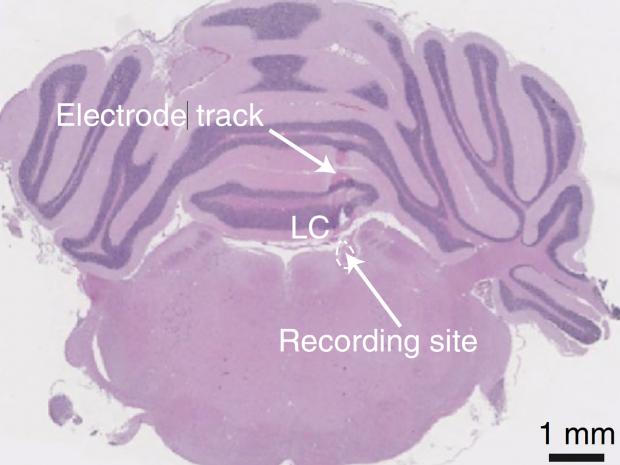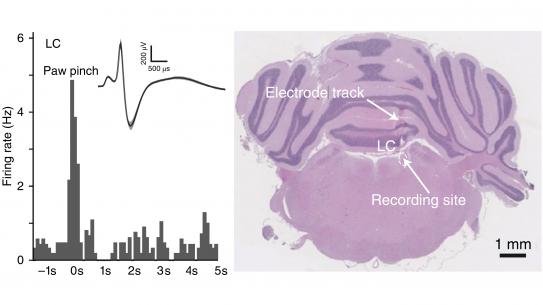New Technologies for restoring and enhancing sensory functions and cognition through brain-machine interfaces (BMI)

Speaker:
Qi Wang, PhD
Associate Professor of Biomedical Engineering
Columbia University, New York, NY
Abstract:
Prof. Wang’s team develops new technologies for restoring and enhancing sensory functions and cognition through brain-machine interfaces (BMI). His group has been working on cracking neural codes underlying our perception and cognition, and has been developing new strategies for selectively activating neural circuitry. In particular, they try to understand how sensory information is processed in the brain to form perception and inform an optimal decision, and how this process is modulated by behavioral states, such as attention and arousal. To tackle these questions, his group uses single-unit electrophysiology, optogenetics, and patterned micro-stimulation. Combining these approaches with behavioral tasks, they model interactions between different brain regions during sensory processing and engineer sensory percepts in the nervous system.
Prof. Wang received a BS in mechanical engineering from North China University of Electric Power in 1992 and a Master and PhD in Robotics from Harbin Institute of Technology in 1995 and 1998, respectively. He earned his second PhD in Electrical and Computer Engineering from McGill University in 2006, and received postdoc training in neuroscience at Harvard University from 2006 to 2008. He received numerous awards, including the IEEE EMBS Early Career Achievement in 2014, NARSAD Young Investigator award in 2014, the Sackler Convergence Award in 2015, the coveted career award from the National Science Foundation (NSF) in 2019.


